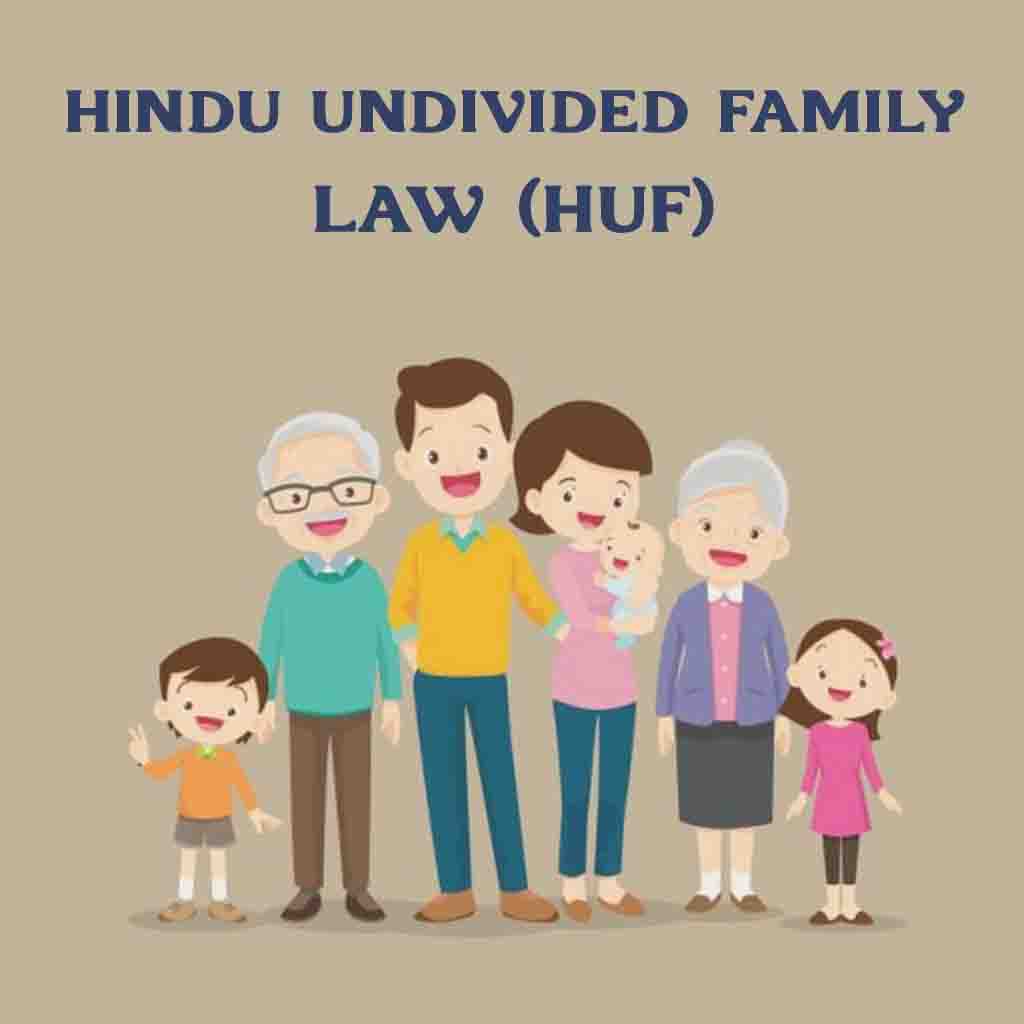Hindu Undivided Family Law
The Hindu Undivided Family (HUF) is a unique legal entity recognized under Indian law, which has its roots in ancient Hindu traditions. It is a form of joint family system that has been followed in India for centuries, and is governed by specific laws and regulations. In this article, we will take a closer look at the Hindu Undivided Family Law and understand its key features.
What is a Hindu Undivided Family?
A Hindu Undivided Family is a group of persons who are lineal descendants of a common ancestor and who share a joint family property. The members of a HUF are related to each other by blood, marriage, or adoption. A HUF can be formed by any Hindu, Jain, Buddhist or Sikh family.
The key characteristic of a HUF is the joint ownership of property. The property owned by a HUF is called ancestral property, which is passed down from one generation to another. The HUF is managed by the eldest male member, known as the Karta, who has the power to make decisions on behalf of the family.
The Hindu Undivided Family Law
The Hindu Undivided Family Law is a set of legal provisions that govern the formation, management, and dissolution of HUFs. The law recognizes the HUF as a separate legal entity, which means that it can own property, enter into contracts, and sue or be sued in its own name.
The HUF is governed by the Hindu Succession Act, 1956, which lays down the rules for inheritance of ancestral property. According to the Act, the property of a HUF is divided equally among all its members, with the Karta having a larger share.
The Karta has the power to manage the property of the HUF, make investments, and take decisions on behalf of the family. However, the Karta cannot sell or mortgage the ancestral property without the consent of all the adult members of the family.
Formation of a Hindu Undivided Family
A HUF can be formed by the following ways:
- By birth: When a person is born in a family that follows the joint family system, he or she automatically becomes a member of the HUF.
- By marriage: When a woman marries into a HUF, she becomes a member of the family.
- By adoption: When a child is adopted by a HUF, he or she becomes a member of the family.
Dissolution of a Hindu Undivided Family
A HUF can be dissolved in the following ways:
- Partition: The partition of a HUF means the division of the ancestral property among its members. A partition can be either partial or complete.
- Conversion: If all the members of a HUF decide to convert it into a joint family property, the HUF is dissolved.
Related Articles
Conclusion
The Hindu Undivided Family Law is an important legal provision that recognizes the unique joint family system followed in India. It provides a framework for the formation, management, and dissolution of HUFs, and lays down the rules for inheritance of ancestral property. If you belong to a HUF or are planning to form one, it is important to understand the legal provisions that govern it.


